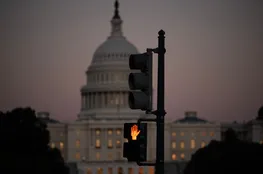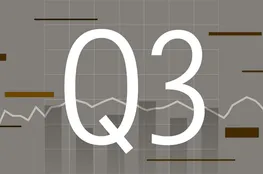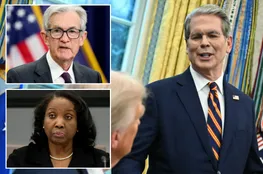Ray Dalio believes the current surge of investment in Artificial Intelligence mirrors the dot-com bubble of the late 1990s, warning that overhyped assets, rising interest rates, and escalating global tech tensions pose significant risks for unprepared investors. Speaking with David Friedberg on the All-In podcast, Dalio emphasized the dangers of investing blindly in rapidly growing sectors like AI without careful consideration of valuation and broader macroeconomic conditions. He stated, "This looks quite a lot like 1998 or '99." His core argument centers on the distinction between a truly great company that becomes expensive and a fundamentally flawed company that remains inexpensive – the latter represents a far more secure investment opportunity. Dalio’s concerns extend beyond simple valuation, recognizing the intense competition and strategic importance of the U.S.–China tech rivalry, often referred to as the "AI war." He highlighted that this competition is a geopolitical imperative, a "war that no country can lose because it’s more important than profits." This strategic urgency fuels rapid investment, but also creates vulnerabilities. Dalio also expressed worries about increasing market concentration and the phenomenon of herd behavior, where investors pile into similar investments driven by enthusiasm rather than sound analysis. He noted, "The world is so leveraged long," referring to the prevalence of borrowing to fuel investments in hot sectors. This leverage amplifies both potential gains and losses, underscoring the importance of understanding correlation between investments – avoiding investments that are heavily linked and therefore increase risk. Dalio advocates for uncorrelated assets, meaning investments that don’t move in the same direction, and geographic diversification, spreading investments across different countries to mitigate risk.
Dalio’s perspective is particularly relevant given the current market landscape, where AI stocks, including companies like Nvidia Corp. (NVDA) and Microsoft Corp. (MSFT), have experienced dramatic valuations fueled by excitement surrounding generative AI. However, as monetary policy tightens and geopolitical tensions persist, Dalio cautions against confusing a compelling narrative with a secure investment. His advice is clear: investors should resist the temptation to simply follow the winners, rigorously monitor asset prices, proactively manage risk, and diversify broadly. As Dalio repeatedly emphasized, "Everybody says it’s going to be great," but "the price has to be paid attention to." In an environment where excitement can often overshadow fundamental analysis, Dalio’s message is a crucial reminder that smart investing demands discipline and a measured approach. Benzinga’s insights align with this cautious perspective, urging investors to prioritize risk management and long-term strategy over short-term gains. This strategic guidance is particularly valuable as the market navigates the evolving landscape of AI and its potential impact on global economies.
Dalio’s emphasis on fundamentals and disciplined risk management remains a cornerstone of his investment philosophy, offering a valuable framework for investors seeking to navigate the complexities of the modern financial markets. The continued relevance of his advice underscores the enduring importance of a balanced and thoughtful approach to investment decision-making, particularly in a rapidly changing technological environment. Investing wisely requires more than just following trends; it demands a deep understanding of market dynamics and a commitment to long-term value creation. Dalio's timeless wisdom provides a critical perspective for investors seeking to achieve sustainable success in the face of uncertainty and volatility. Ultimately, Dalio’s call for vigilance and strategic diversification serves as a powerful reminder that prudent investing is not about chasing the latest hype, but about making informed decisions based on a thorough understanding of risk and reward.
























